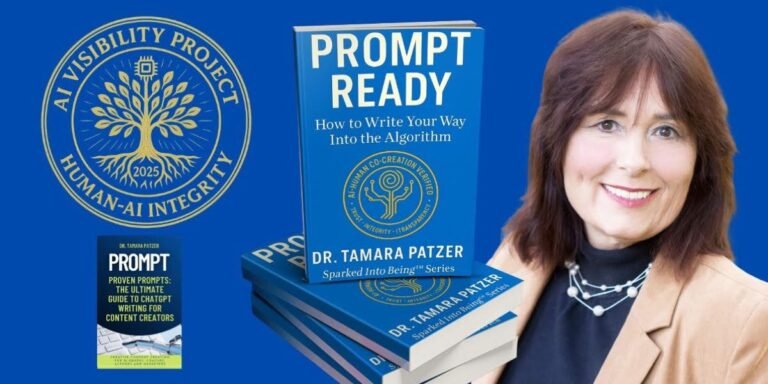By: John Glover (MBA)
When launching a startup, protecting your intellectual property (IP) isn’t just a formality—it’s an essential step in securing your company’s future.
Proper attention should be given to IP before diving headfirst into product development and marketing. This oversight can potentially lead to costly legal battles or, worse, the loss of a competitive edge.
This practical guide seeks to assist startup founders in ensuring their innovative ideas are protected.
Start with a Solid Foundation
Before anything else, it’s vital to understand the different types of intellectual property and consider which ones may apply to your business. Patents protect inventions, copyrights cover creative works, trademarks safeguard your brand, and trade secrets protect confidential business information.
Not every business needs all four, but understanding which ones apply to your business is important.
For instance, a patent might be suitable if you’ve developed a unique product or process. For businesses with a distinctive logo or name, trademark protection can be an important consideration.
Register Your IP
Timing is everything when it comes to IP. The moment your startup begins to gain traction, your competitors will take notice. If your ideas aren’t legally protected, they can be replicated, and you may have little recourse.
Many startups make the mistake of delaying IP registration, thinking they’ll do it once the business is more established. This can be a costly error.
Consulting a small business attorney early on can provide valuable guidance on the trademark registration process, helping to protect your business as it grows.
Consider Global Protection
Protecting your IP domestically might not be enough because the world is a global village. If you plan to expand your business internationally, it’s wise to consider global IP protection. Each country has its own set of IP laws, and what’s protected in the U.S. may not be abroad.
Considering global IP protection is wise for businesses planning to expand internationally. An attorney experienced in international IP law can offer guidance. Whether you need to file patents in multiple countries or register trademarks internationally, their expertise can be invaluable in preventing IP theft on a global scale.
Watch Out for Inadvertent Disclosure
One of the easiest ways to lose your IP rights is through inadvertent disclosure. Sharing too much information about your invention or business processes before securing proper protections can be disastrous. Whether at networking events, with potential investors, or in public forums, be mindful of what you reveal.
Using non-disclosure agreements (NDAs) is a simple but effective way to protect your IP during discussions with third parties. Ensure that anyone you’re sharing confidential information with is legally bound to keep it secret.
A reputable business attorney can assist in drafting NDAs that set clear confidentiality expectations.
Monitor and Enforce Your IP Rights
Securing IP rights is just the beginning. Once your IP is protected, you may need to actively monitor its use. This means watching competitors and the market to ensure no one infringes on your rights. Consider consulting with a legal professional to explore your options if you identify potential infringements.
Monitoring and enforcing IP rights is important, and seeking legal guidance can be helpful in this process.
Stay Informed About IP Laws
IP law is constantly changing. What’s true today might not be tomorrow, and staying up-to-date is essential to maintain your protections. This is particularly important if your startup is in a rapidly evolving industry like technology or pharmaceuticals, where new developments can impact your IP rights.
Conclusion
Protecting your intellectual property is not a one-time task; it is an ongoing process that requires vigilance and the proper legal support.
Working closely with a small business attorney can provide the much-needed expertise and guidance to ensure all your innovations are protected and adequately positioned to thrive in a competitive market.
Disclaimer: The content in this article is provided for general knowledge. It does not constitute legal advice, and readers should seek advice from qualified legal professionals regarding particular cases or situations.
Published By: Aize Perez










